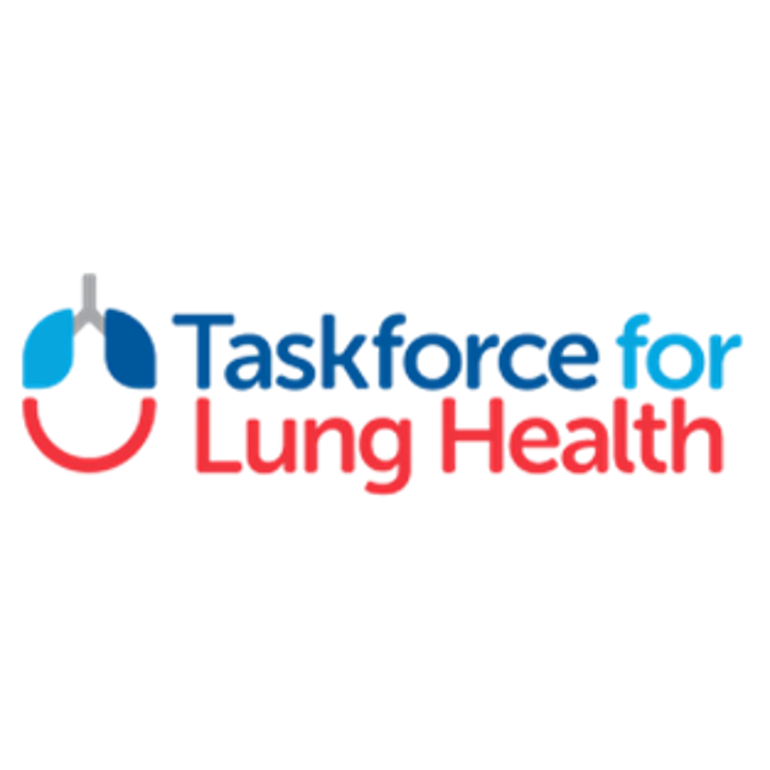The Taskforce for Lung Health is warning that the backlog has created delays to lung disease diagnosis which could lead to people dying before they are treated.
As a result of the pandemic, there have been 107,930 fewer hospital appointments for respiratory in England1 compared with the average number seen each year, according to new analysis by the Taskforce for Lung Health, which also found that during the peak of the pandemic, the number of expected appointments taking place was down by 85%.2
The Taskforce is now warning that this many fewer than expected appointments suggests that there is currently not enough capacity to see and support all of the patients who need care. This means that if this is not urgently addressed people waiting for care will not only be dealing with life-limiting breathlessness and worsening symptoms, but may at risk of dying before they are diagnosed and treated.
The analysis has been released alongside the results of a survey of 4,752 people with lung conditions by members of the Taskforce, Asthma UK and the British Lung Foundation, which showed that a quarter of people diagnosed with lung conditions in the past year had to wait six months for a diagnosis.3
The Asthma UK and British Lung Foundation survey also found that:
- 1 in 5 (20%) of people had to wait longer than a year for a diagnosis last year
- More than a fifth (23%) of people experienced symptoms of a lung condition for over a year before seeking a diagnosis
- 1 in 5 people on waiting lists for care have been waiting for the care they need for more than a year
The Taskforce argues that it is crucial that people with suspected lung conditions have timely access to specialists who can support the diagnosis and ongoing management of their cservices will be unable to support the number of people in need even if they return to pre-pandemic levels of capacity. The current backlog has meant that this problem has greatly increased and
Steve Jones, Chair of Trustees at Action for Pulmonary Fibrosis, said:
“This is a real concern for patients with pulmonary fibrosis. Even before the pandemic, it took on average seven months to be diagnosed with pulmonary fibrosis, with over 20% of people taking over a year.
“With Covid this has risen sharply with diagnostic testing facilities at hospitals closed or unable to operate fully. There is now a backlog with patients waiting for diagnosis and tests and unable to access life extending anti-fibrotic medicines.”
Alison Cook, Chair of the Taskforce for Lung Health and Director of External Affairs at Asthma UK and the British Lung Foundation, said:
“The heart-breaking reality of these figures is that some people will die before they find out what’s wrong with them. That’s why any delays to lung disease diagnosis and treatment are simply unacceptable. People shouldn’t be waiting up to a year to get a diagnosis, or waiting months for treatment and care. We must address this, now.
“The pandemic has had catastrophic consequences for people living with lung conditions, but it is important to remember that well before these delays to care, outcomes for people with lung disease had not improved in over a decade. If funding lung disease care does not now become a top priority for the government and the NHS, again it will be patients who will pay the ultimate price”.
- This analysis was calculated using data from the NHS referrals dashboard: https://digital.nhs.uk/dashboards/ers-open-data. The Taskforce looked at the period between 9th March 2020 to 8th March 2021, compared with the baseline provided by NHS England.
- This analysis was calculated using data from the NHS referrals dashboard: https://digital.nhs.uk/dashboards/ers-open-data. The Taskforce looked at data covering April 2020.
- Data via an Asthma UK and British Lung Foundation Partnership survey of people with lung conditions. Survey ran from March 3rd – 10th 2021, and received 4, 730 respondents. 397 of these respondents were on a waiting list for either diagnostic tests, a procedure or a referral to specialist care.



